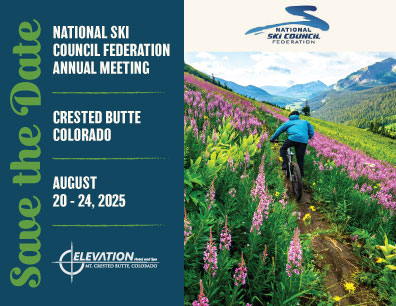Secret societies and terrorists need privacy. On the other hand, ski clubs need new members and to keep current members informed. The two types of organizations are not often compatible in those needs.
If you are a secret society and want to keep your nefarious doings quiet, you need to make sure than strangers do not know how to access your information. If you are a terrorist organization, you certainly need what you are doing kept a secret from strangers and probably law enforcement..
But if you are a ski club that’s trying to sell ski trips, you need to maximize the number of folks — members and potential members — that can find out about your ski trips and social events. Keeping that information secret is counter-productive. Keeping that in mind, why would a ski club require their members to remember a password to find out where happy hour is being held this week or to get details on the club’s trip to Aspen or Whistler? Would you believe that we have seen ski club websites that do not even identify in what city or state they are located?
Let’s face it, passwords are certainly appropriate for keeping financial records private or if your job is to keep the Coca-Cola formula a secret — but for selling anything to anybody, passwords to find out your timing and pricing is counterproductive and can cost you lost sales.
Nor should your officers’ identities be kept a secret. I know that some people are worried that their officers might get unsolicited phone calls, emails from total strangers, or direct mail advertising if their identity is known to non-members — but those strangers might be trying to show the club a new resort in Italy or even in India and the phone call may be from someone trying to find out details about a ski trip and wishing to join your club.
Also, if you hold an office in a club that is trying to sell something, it is probably advisable to have prospective buyers be able to ask a question of the officers without disclosing their name or intention. I am familiar with a real estate company that’s outselling their competition in a southeast U.S. city partly because they do not insist on the inquiring party leaving their contact information — whereas their competition will not even let people see photos of the interior of the properties advertised until the prospective buyer tells them who you are and where they can receive a follow-up sales call. Most prospective buyers want to inquire anonymously until they get the facts — and they certainly don’t want to set up a password that they will probably not remember 30 days later anyway.
Ski clubs should be open as to their leadership, what they are selling, what kind of social events and trips they host, and what kind of folks they are seeking to become members. We are not, and should not be, confused with secret societies.



